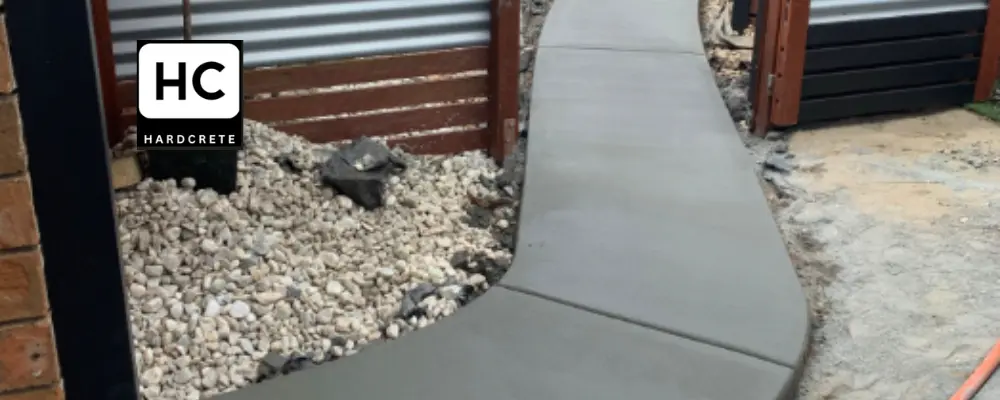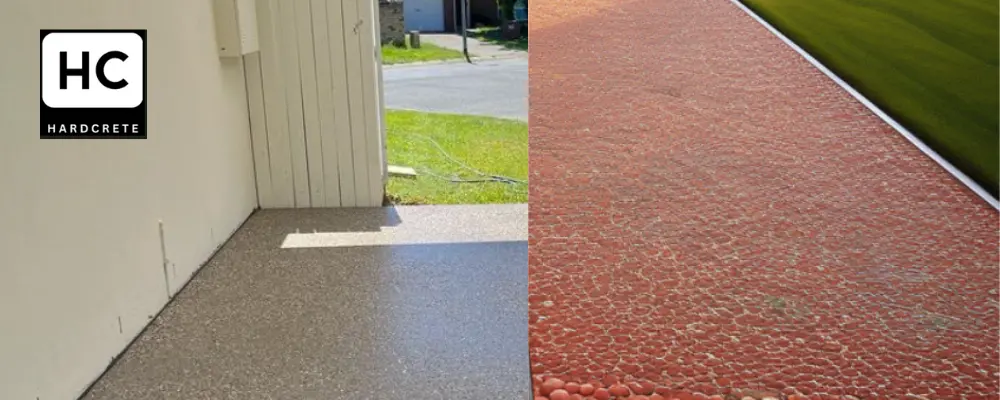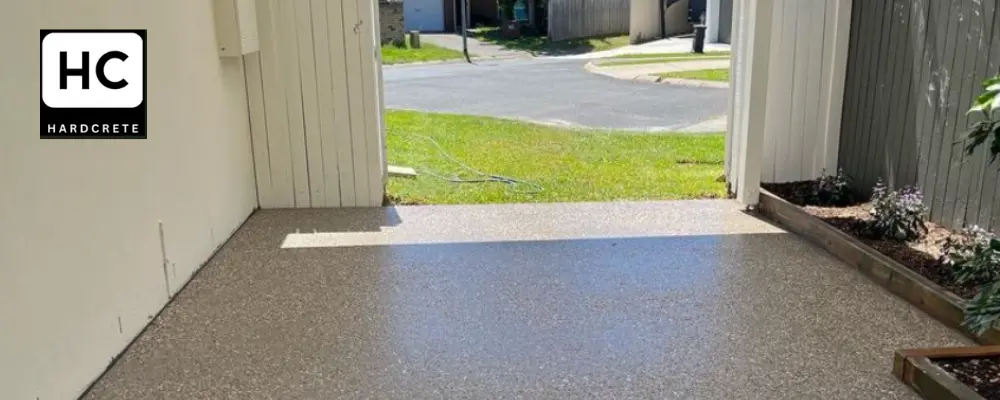In the vast landscape of construction projects, the role of a concrete contractor stands as a pivotal element in ensuring structural integrity, durability, and aesthetic appeal. From towering skyscrapers to humble residential foundations, concrete serves as the bedrock upon which our built environment rests. But behind every solid foundation lies the expertise and craftsmanship of a skilled concrete contractor.
In this blog, we delve into the multifaceted responsibilities of these unsung heroes of construction. We explore the intricate processes involved in pouring, shaping, and finishing concrete to meet the diverse demands of modern architecture. From meticulous planning and site preparation to the precise execution of intricate designs, concrete contractors are indispensable partners in bringing architectural visions to life.
Join us as we uncover the crucial role played by concrete contractors in the construction industry, highlighting their contributions to the strength, stability, and beauty of the structures that define our urban landscapes.
The Role of Concrete Contractors in Construction Safety
Safety is a non-negotiable aspect of any construction project. With heavy machinery, hazardous materials, and intricate processes at play, the construction site presents inherent risks to workers and bystanders alike. Among the myriad professionals involved in construction, concrete contractors hold a particularly critical role in ensuring safety and upholding quality standards. In this article, we delve into the pivotal role of concrete contractors in mitigating risks and maintaining safety in construction projects.
Identifying Risks Associated with Concrete Construction
Concrete construction inherently involves various risks, from the handling of heavy materials to working at heights and navigating complex machinery. Concrete contractors must be keenly aware of these risks and take proactive measures to mitigate them. Common hazards in concrete construction include falls, struck-by incidents, crush injuries, exposure to harmful chemicals, and ergonomic strains. Through thorough risk assessment and hazard identification, concrete contractors can develop strategies to address these dangers effectively.
Implementing Safety Protocols and Procedures:
Concrete contractors play a crucial role in developing and implementing safety protocols and procedures on the construction site. This involves establishing clear guidelines for tasks such as concrete pouring, formwork installation, reinforcement placement, and finishing techniques. Additionally, contractors must ensure that all workers are adequately trained in safety procedures and equipped with the necessary personal protective equipment (PPE). Regular safety meetings and toolbox talks help reinforce safety awareness and foster a culture of vigilance among the workforce.
Adhering to Regulatory Requirements:
Compliance with regulatory requirements is non-negotiable in construction safety. Concrete contractors must stay abreast of relevant safety regulations, codes, and standards set forth by agencies such as OSHA (Occupational Safety and Health Administration) and ANSI (American National Standards Institute). This entails not only understanding the requirements but also ensuring strict adherence to them throughout every phase of the construction process. Failure to comply with regulatory standards can result in penalties, fines, and even project shutdowns.
Promoting a Culture of Safety
Beyond mere compliance with regulations, concrete contractors must actively promote a culture of safety among their teams. This involves fostering open communication channels where workers feel empowered to voice safety concerns and report hazards without fear of retribution. Encouraging safety observations and near-miss reporting helps identify potential risks before they escalate into accidents. By prioritizing safety as a core value, concrete contractors create an environment where every team member is committed to maintaining a safe workplace.
Investing in Training and Education
Continuous training and education are essential components of a robust safety program. Concrete contractors must invest in ongoing training initiatives to keep their workforce updated on the latest safety practices, technologies, and regulatory requirements. This includes providing specialized training for tasks such as operating concrete pumps, handling chemicals, and working at heights. By equipping workers with the knowledge and skills they need to work safely, contractors can significantly reduce the likelihood of accidents and injuries on the job.
Sustainability in Concrete Construction: How Contractors Drive Environmental Responsibility
Concrete is one of the most widely used construction materials globally, but its production has significant environmental implications. As concerns about climate change and resource depletion grow, the construction industry is under pressure to adopt more sustainable practices. In this blog post, we’ll explore the vital role that concrete contractors play in driving environmental responsibility within the construction sector. From implementing eco-friendly techniques to promoting the use of recycled materials, these professionals are leading the charge towards a greener future for concrete construction.
- Embracing Eco-Friendly Practices: To reduce the environmental impact of concrete construction, contractors are embracing a variety of eco-friendly practices. One approach is the use of supplementary cementitious materials (SCMs) such as fly ash, slag, and silica fume, which can partially replace traditional cement and reduce greenhouse gas emissions. Additionally, contractors are exploring alternative concrete mix designs that require fewer resources and produce less waste.
- Incorporating Recycled Materials: Another strategy employed by concrete contractors is the incorporation of recycled materials into concrete mixtures. Recycled aggregates, such as crushed concrete and reclaimed asphalt pavement, can replace virgin aggregates without compromising performance. By diverting waste from landfills and conserving natural resources, contractors are making significant strides towards sustainability.
- Adopting Energy-Efficient Technologies: In addition to using sustainable materials, concrete contractors are investing in energy-efficient technologies to reduce their energy consumption and carbon emissions. From advanced batching plants to energy-efficient curing techniques, these technologies help minimize the environmental impact of concrete production while improving efficiency and productivity.
- Promoting LEED Certification: Leadership in Energy and Environmental Design (LEED) certification has become a benchmark for sustainable building practices. Concrete contractors play a crucial role in helping projects achieve LEED certification by implementing sustainable construction methods, sourcing eco-friendly materials, and documenting environmental performance. By promoting LEED certification, contractors are driving a culture of sustainability within the construction industry.
- Educating Stakeholders: Concrete contractors understand that sustainability is a collaborative effort that requires buy-in from all stakeholders involved in a construction project. As such, they are actively engaged in educating architects, engineers, developers, and clients about the benefits of sustainable construction practices. By raising awareness and fostering a shared commitment to environmental responsibility, contractors are catalyzing positive change throughout the industry.
Conclusion
As Hardcrete Concreters Gold Coast, we recognize the vital role of concrete contractors in the construction industry, particularly in Gold Coast, Queensland, Australia. Our commitment to delivering quality craftsmanship and exceptional service underscores our dedication to ensuring the success of construction projects. With our expertise and professionalism, we contribute significantly to the structural integrity and aesthetic appeal of various buildings and infrastructure developments. As a trusted partner in construction, we remain steadfast in our mission to meet the diverse needs of our clients while upholding the highest standards of excellence in every project we undertake.




